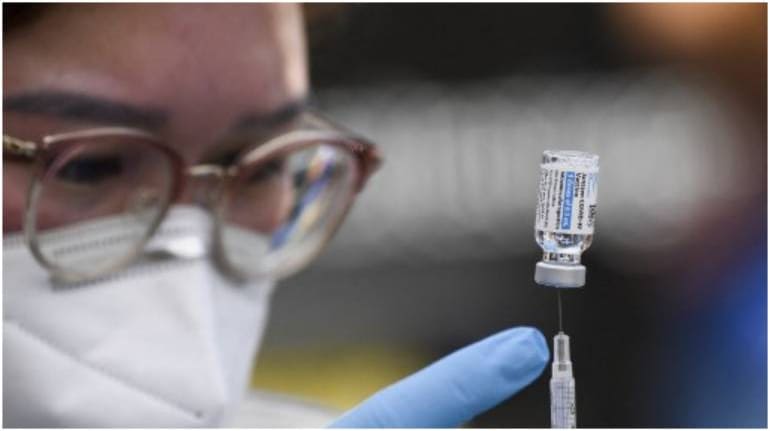



At least 200,000 COVID-19 vaccines have expired in Senegal without being used in the past two months and another 200,000 are set to expire at the end of December because demand is too slow, the head of its immunisation programme said on Monday.
African governments have been calling for more COVID-19 vaccines to help catch up with richer regions, where vaccine rollouts have been humming along for more than a year.
ALSO READ: As vaccines trickle into Africa, Zambia’s challenges highlight other obstacles
Yet, as the pace of supply has picked up in recent weeks some countries have struggled to keep pace. Logistical problems, the short shelf life of vaccines that arrive from donors, and vaccine hesitancy have all kept doses from reaching arms.
Up to 1 million COVID-19 vaccines expired in Nigeria last month, Reuters revealed.
"The main problem is vaccine hesitation," said Ousseynou Badiane, who is in charge of Senegal's vaccine rollout. "The number of cases is decreasing. They ask: 'why is it important to get vaccinated if the illness is not there now'?"
Senegal has recorded more than 74,000 COVID-19 infections and 1,886 deaths, far below the numbers seen in many nations hit harder by the virus. The pace of infection has dropped off since a third wave in July spurred a spike in vaccine demand. The country occasionally records no new daily cases.
But apathy hurts the vaccination drive. Senegal has administered nearly 2 million doses of vaccines so far, Reuters data shows, enough to fully vaccinate only about 5.9% of the population.
It is currently vaccinating between 1,000 and 2,000 people per day, Badiane told Reuters, down from 15,000 during the summer. At this pace, it cannot use all the vaccines it has.
"We are not optimistic" about using the other 200,000 doses before they expire at the end of the month, he said. "We don't expect any demand increase before then."
He did not specify the make of the vaccines.
Part of the problem is the short shelf life of vaccines that arrive from donors that include the United States and China. Senegal refuses to take vaccines with a shelf life shorter than three months, but even that creates difficulties.
Badiane hopes the government can introduce some kind of restrictions on the unvaccinated to drive up inoculation rates, including the use of a health pass as many other countries have done.
"Without the restriction, the population will not get vaccinated," he said.
Discover the latest Business News, Sensex, and Nifty updates. Obtain Personal Finance insights, tax queries, and expert opinions on Moneycontrol or download the Moneycontrol App to stay updated!
Find the best of Al News in one place, specially curated for you every weekend.
Stay on top of the latest tech trends and biggest startup news.